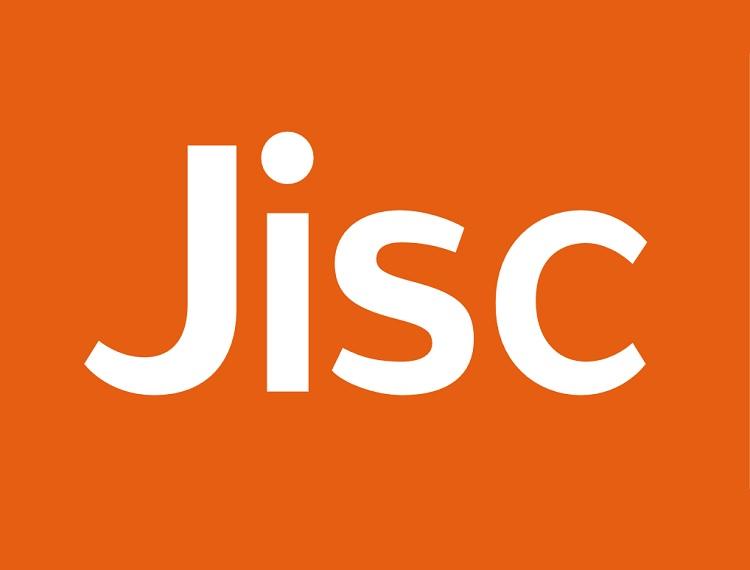Jisc welcomes the move to make research open access by 2020

Open access research by 2020.
This announcement is really positive, not only in removing hurdles for the research community, but for society as a whole. People will be able to access current research findings while they are still relevant, engaging the public in the UK’s leading higher education and research.
We are particularly pleased that the 11 national research funding organisations have focussed on establishing robust criteria for high quality OA journals and platforms, support for OA infrastructure and the monitoring of compliance.
We will be building on our existing work in these areas and continuing our dialogue with funders to apply our extensive knowledge of scholarly communications and the journal and library supply chains, and to discuss how national services such as Jisc Monitor, CORE and RIOXX can contribute to national monitoring that is developed alongside UK OA policies.
It’s also encouraging that UK Research and Innovation (UKRI) will take a leading role in reviewing the obstacles to implementation, which we have supported for some time. We do this through our range of services that support authors and institutions, manage the OA publishing lifecycle, and through our negotiations to constrain and reduce the costs of subscriptions and OA article processing charges.
The emphasis on transformative agreements being time limited and transitional is welcome and we will continuing our discussions with funders to clarify the length of the transition period and the features of a transformative agreement. We have also sought to maximise the benefits of OA, for example through partnering with the Open University to offer the massive, global and completely open CORE aggregation of OA material.
We note that the role of repositories in Plan S is focused on archiving and editorial innovation, and will work with funders, universities and others in the UK and beyond to realise this vision for them, for example via the Jisc Open Research Service shared repository, built on the infrastructure of the Research Data Shared Service.
But OA is not enough on its own. As Science Europe notes, the rewards system in research needs attention to promote a culture in which openness is incentivised. Initiatives such as the San Francisco Declaration on Research Assessment (DORA), the Leiden Manifesto, and the Open Science Career Assessment Matrix (OS-CAM) are steps toward this, and we look forward to continuing our work with the Forum for Responsible Research Metrics.
With Science Europe, we recognise that all of this is a journey and, in cases such as monographs, it may take some time.











Responses